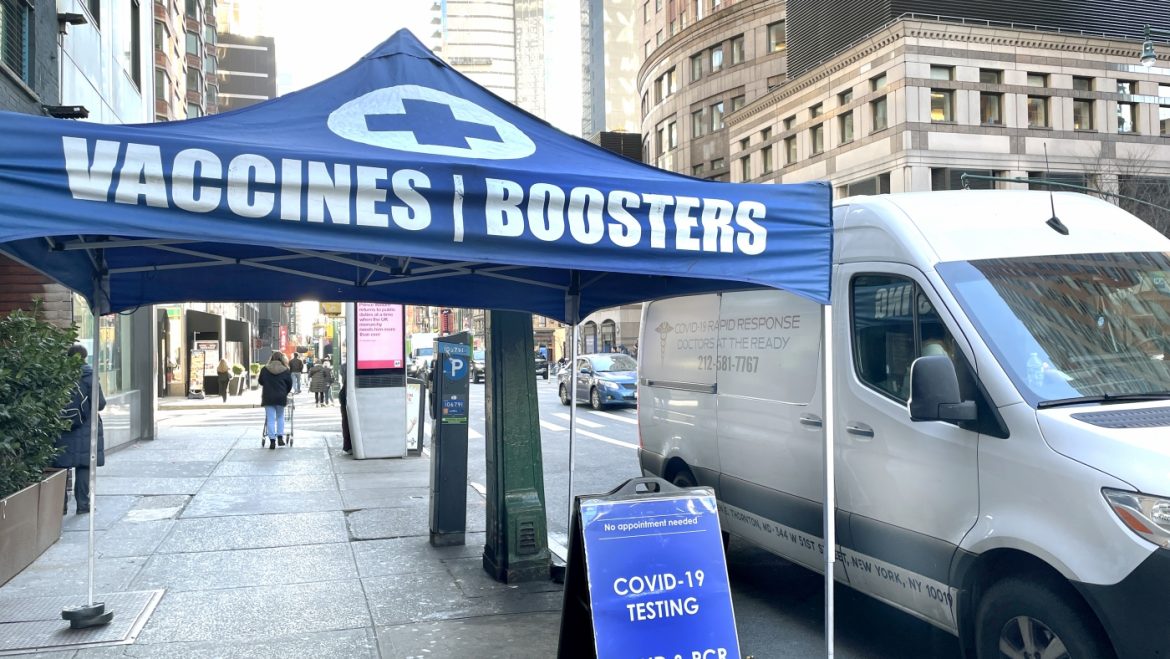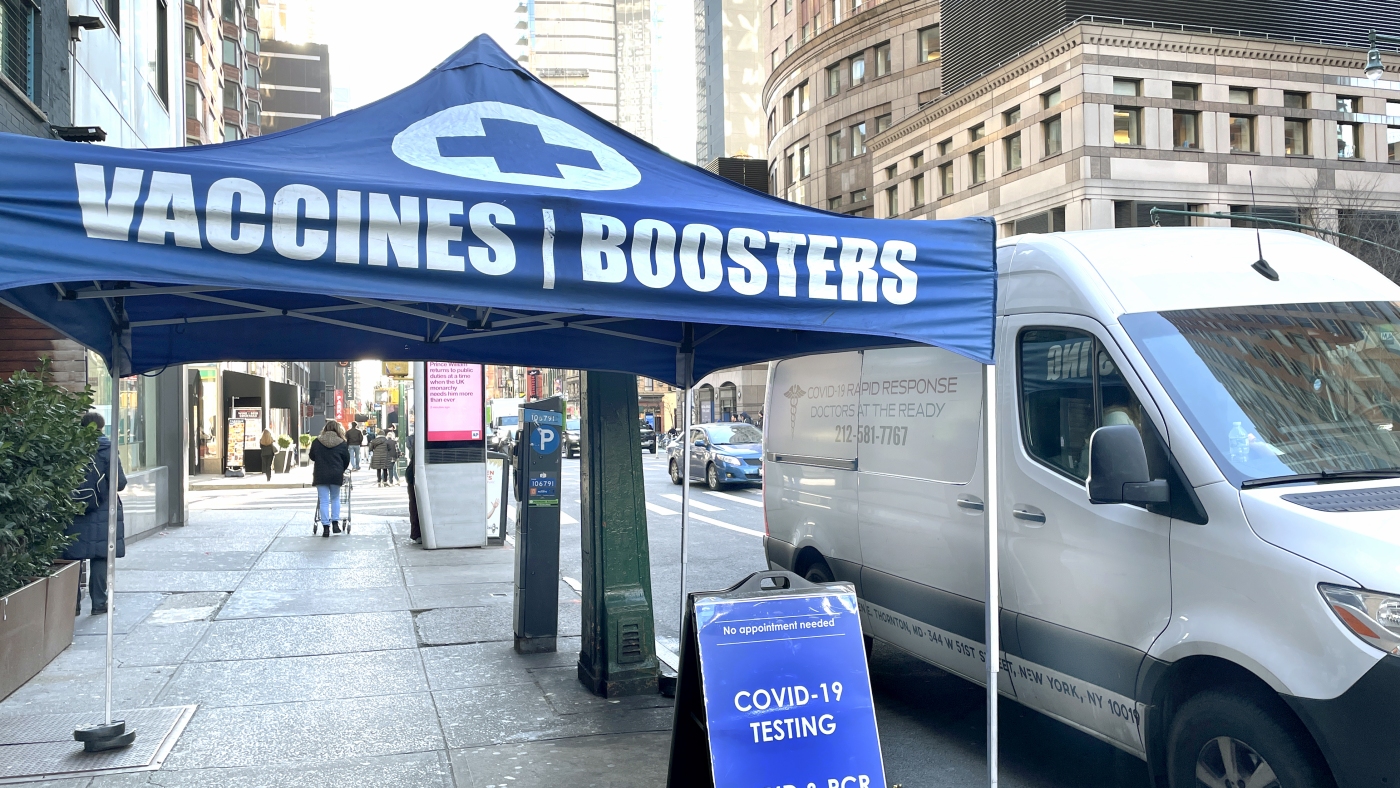The recent shift in the U.S. Food and Drug Administration’s (FDA) policy on COVID-19 vaccine approvals marks a pivotal moment in the ongoing management of the pandemic. This change, introduced under the current administration, establishes significantly stricter standards for approving COVID-19 vaccine boosters, especially for healthy individuals under the age of 65. The implications of this adjustment are broad, affecting public health strategies, vaccine accessibility, and the future landscape of COVID-19 prevention.
Recalibrating COVID-19 Vaccine Approvals: What’s Changed?
Previously, COVID-19 vaccinations—including booster doses—were broadly recommended for most Americans, regardless of age or risk profile. This so-called “one-size-fits-all” regulatory framework allowed for widespread vaccine availability aimed at maximizing community immunity.
Under the new FDA guidelines, however, a clear shift has occurred. The agency now prioritizes vaccine approval for:
– Adults aged 65 and older
– Individuals with underlying health conditions or other risk factors that predispose them to severe COVID-19 illness
For younger, healthier adults and children, the FDA will no longer routinely approve booster shots without the completion of new, rigorous clinical trials demonstrating clear benefits. This means that for these groups, access to updated vaccines may be limited until definitive evidence from randomized controlled trials supports their use.
Striking a Balance Between Access and Evidence
This regulatory revision is framed as a balance between maintaining regulatory flexibility and committing to “gold-standard science.” The FDA’s new approach demands robust, high-quality data that clearly show benefit before approving vaccines for lower-risk populations. While older adults and high-risk groups continue on a streamlined path for vaccine access, those under 65 without health risks will face higher evidentiary hurdles.
The commissioners behind this policy emphasize that the refined framework is designed to ensure that COVID-19 vaccines not only demonstrate safety but also meaningful effectiveness in preventing severe disease in lower-risk groups, who generally have a smaller margin for improvement from vaccination.
Potential Ramifications and Concerns
Reduced Vaccine Access for Healthy Populations
One immediate consequence of the updated policy is a reduction in the number of Americans eligible for routine COVID-19 vaccination. Estimates suggest that between 100 million to 200 million people who previously qualified under broader criteria may no longer have routine access to boosters without additional studies.
This limitation could affect individuals who prefer to receive updated vaccines for personal or precautionary reasons, even if they are not at elevated risk. Vaccine options like Novavax, which under the new policy is restricted primarily to people 65 and older or those with risk factors, illustrate this narrowing availability.
Challenges in Public Perception and Vaccine Uptake
Limiting booster availability to a subset of the population could influence public perception about the necessity and utility of vaccines. Reducing recommendations for healthy younger adults and children might inadvertently fuel vaccine hesitancy or confusion about continued protection, especially with evolving virus variants.
Additionally, there may be logistical complications for healthcare providers who typically rely on FDA approvals to guide immunization practices, as they may choose whether or not to offer vaccines “off-label” to those outside the new stringent approval criteria.
Scientific and Policy Implications
The FDA’s call for new clinical trials, especially for healthy children and adults, will demand significant resources and time. These studies must demonstrate that booster doses provide tangible benefits, such as preventing severe illness or hospitalizations, in populations at lower baseline risk.
The policy may prompt pharmaceutical manufacturers to reconsider development priorities and weigh the feasibility of conducting large-scale trials for relatively healthy demographics. This could slow the pipeline of new or updated COVID-19 vaccines designed for broad public use.
Contextualizing the Shift: Pandemic Evolution and Vaccine Strategy
The decision to tighten vaccine approval standards is reflective of the broader epidemiological context. As the pandemic enters a new phase characterized by widespread previous infection and vaccination, severe COVID-19 cases have increasingly concentrated among older adults and individuals with comorbidities. This epidemiological shift justifies prioritizing vaccine access to the populations that derive the most measurable benefit.
Moreover, the FDA’s pivot signals a transition from emergency mass immunization strategies to more targeted, evidence-guided public health measures. This approach aligns with experiences from other vaccination programs where boosters and vaccines are tailored to high-risk groups rather than provided universally.
Conclusion: Navigating a New Regulatory Era
The FDA’s new policy on COVID-19 vaccine approvals reflects an evolution in pandemic management—from broadly inclusive vaccination campaigns towards a more nuanced, data-driven framework that carefully weighs risks and benefits by population subgroup. By limiting routine booster approval to older adults and high-risk individuals without extensive new trial data for others, the agency aims to uphold stringent scientific standards while focusing resources where the impact is greatest.
This shift is likely to provoke debate and require adjustments across public health planning, pharmaceutical development, and individual decision-making about COVID-19 prevention. Moving forward, transparent communication and ongoing research will be essential in ensuring that vaccine strategies continue to protect health effectively, equitably, and with solid scientific grounding.


